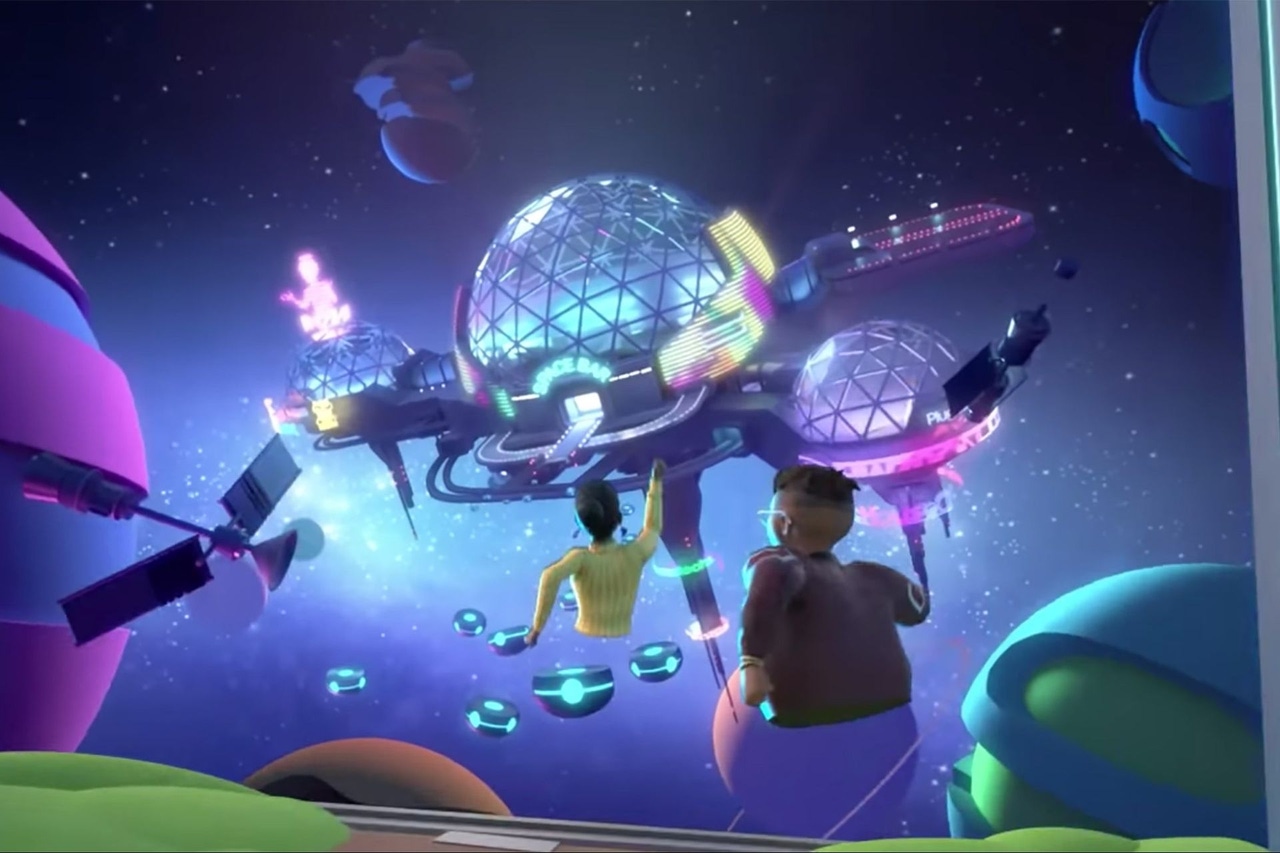Trending
Opinion: How will Project 2025 impact game developers?
The Heritage Foundation's manifesto for the possible next administration could do great harm to many, including large portions of the game development community.
Several bugs and a poor product fit reportedly have internal Horizon usage concerningly low amongst Meta developers working to make it a (virtual) reality.

According to a new report from The Verge, Meta developers aren't using its VR platform Horizon Worlds much, which leadership believes is hurting its development. Internal memos from Meta's metaverse VP Vishal Shah in mid-September specifically call out employees their lack of interest.
"We don’t spend that much time in Horizon and our dogfooding dashboards show this pretty clearly," Shah wrote. "Why don’t we love the product we’ve built so much that we use it all the time? The simple truth is, if we don’t love it, how can we expect our users to love it?”
Meta CEO Mark Zuckerberg is very much trying to make the metaverse, and Horizon Worlds more specifically, an important part of the company's future. But he's noticeably had trouble getting average people onboard, as his Worlds selfie earlier in the summer saw him quickly promise that the platform would look significantly better.
Internal developer usage of Horizon Worlds is reportedly so low that as of September 30, Shah had formed a plan to hold managers accountable for ensuring teams would use Horizon at least once a week. Employees, said Shah, had to "make it their mission to fall in love with Horizon Worlds."
There are bugs in the platform that Shah acknowledged, but the biggest issue is allegedly the onboarding experience, which he described as "confusing and frustrating" for its users. Better collaboration was needed between developers, along with flexibility. "If you are on Horizon, I need you to fully embrace ambiguity and change.”
In a statement given to The Verge, a Meta representative expressed confidence in Horizon Worlds, writing that Meta was "always making quality improvements and acting on the feedback from our community of creators. This is a multiyear journey, and we’re going to keep making what we build better.”
Whatever Meta's problems are with getting people interested in its metaverse, it's not the fault of the metaverse itself. Via digital concerts in games like Minecraft and Fortnite, the overall concept is gradually becoming a fixture in popular culture.
For developers, the promise of the metaverse is still materalizing. In the 2022 State of the Industry report, Game Developer sibling organization GDC found that roughly two-thirds of devs feel that the metaverse's promises will eventually be delivered on through the efforts of companies like Meta, Epic, and Roblox.
Over the last few years, devs and investors alike have started backing that talk up with action (and a boatload of cash). Last year, Epic Games snagged $1 billion in funding to support its "long-term vision for the metaverse" while comparatively smaller like Gamefam have raised millions to build up their own teams for metaverse-minded development.
However, for the general public the bigger issue may be that Meta just can't escape its own image problem. Zuckerberg's selfie aside, this year has seen Meta get hit with an FTC injunction after trying to acquire yet another VR company, along with a controversial price increase for its Quest VR2 headsets.
Such events are chapters to a messy history for a messy company that had to change its own name.
You May Also Like